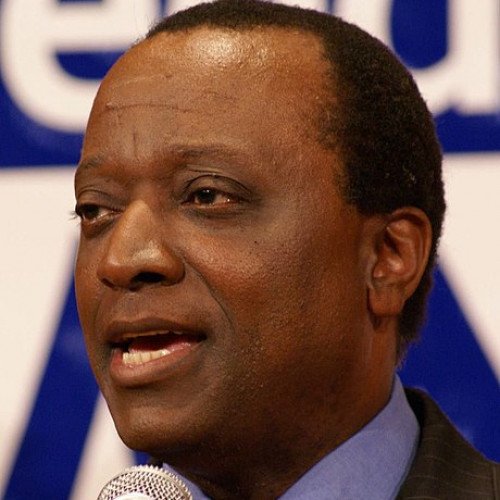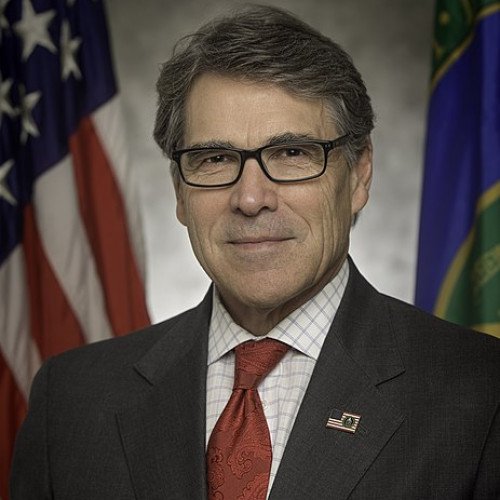Alan Keyes VS Rick Perry

Alan Keyes
Alan Lee Keyes (born August 7, 1950) is an American conservative political activist, pundit, author and former ambassador. A doctoral graduate of Harvard University, Keyes began his diplomatic career in the U.S. Foreign Service in 1979 at the United States consulate in Mumbai (then Bombay), India, and later in the American embassy in Zimbabwe. Keyes was appointed Ambassador to the Economic and Social Council of the United Nations by President Ronald Reagan, and served as Reagan's Assistant Secretary of State for International Organization Affairs from 1985 to 1987; in his capacities as a U.N ambassador, Keyes was involved in the implementation of the Mexico City Policy. Keyes ran for President of the United States in 1996, 2000, and 2008. He was the Republican nominee for the U.S. Senate in Maryland against Paul Sarbanes in 1988 and Barbara Mikulski in 1992, as well as in Illinois against Barack Obama in 2004. Keyes lost all three elections by wide margins. Keyes hosted a radio call-in show, The Alan Keyes Show: America's Wake-Up Call, from 1994 until 1998 on WCBM. The show was briefly simulcast by National Empowerment Television. In 2002, he briefly hosted a television commentary show on the MSNBC cable network, Alan Keyes Is Making Sense. He is a long time columnist for World Net Daily.
Statistics for this Xoptio

Rick Perry
James Richard "Rick" Perry (born March 4, 1950) is an American politician who served as the 14th United States Secretary of Energy from 2017 to 2019 and as the 47th Governor of Texas from 2000 to 2015. Perry also ran unsuccessfully for the Republican nomination for President of the United States in the 2012 and 2016 elections. Born into a family of cotton farmers in Haskell, Texas, Perry graduated from Texas A&M University in 1972 and entered into the United States Air Force, serving a five-year stint and achieving the rank of captain. After leaving the Air Force in 1977, Perry returned to Texas and entered politics, serving as a Democratic member of the Texas House of Representatives from 1985 to 1991. In 1989, Perry switched parties and became a Republican, and was elected Agriculture Commissioner of Texas the following year. In 1998, Perry was elected Lieutenant Governor of Texas, becoming the state's first Republican Lieutenant Governor since Reconstruction. Perry assumed the governorship of Texas in December 2000, after Governor George W. Bush resigned following his election as President. Perry was re-elected Governor three times, becoming the longest-serving Governor in Texas history. As Governor, Perry identified as a staunch conservative, enacting conservative fiscal policies, restrictions on abortion and expanded gun rights. Long considered a potential presidential candidate, Perry officially announced his candidacy for the 2012 Republican nomination for President in August 2011. Perry initially performed well in polling and showed strong fundraising prowess, leading to him being considered a serious contender for the nomination, however his support declined following poor performances in debates and early primaries and he withdrew from the race in January 2012.Perry declined to run for re-election to a fourth term as Governor and left office in 2015, launching a second presidential campaign shortly after. Perry's second presidential campaign failed to garner substantial polling support, fundraising or media attention, leading to him withdrawing from the race after only three months. Perry was initially a vocal opponent of Donald Trump's 2016 campaign for President, however he later endorsed Trump after he secured the Republican nomination. After winning the presidency, Trump appointed Perry as Secretary of Energy and he was confirmed by the United States Senate in a 62–37 vote on March 2, 2017. On October 17, 2019, Perry reported to Trump that he intended to resign as Secretary of Energy at the end of the year. He left office on December 1, 2019.